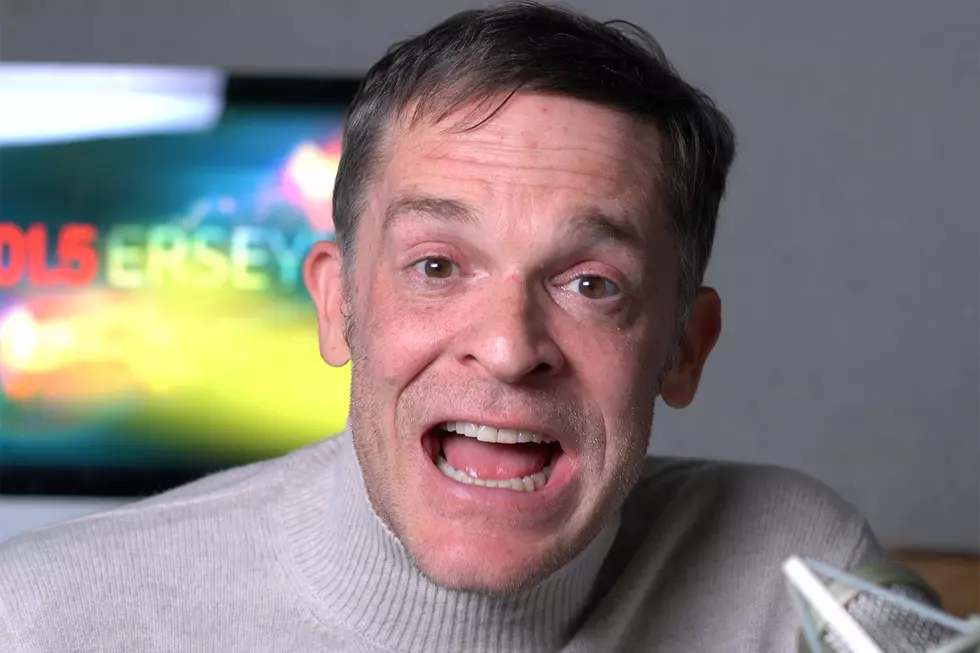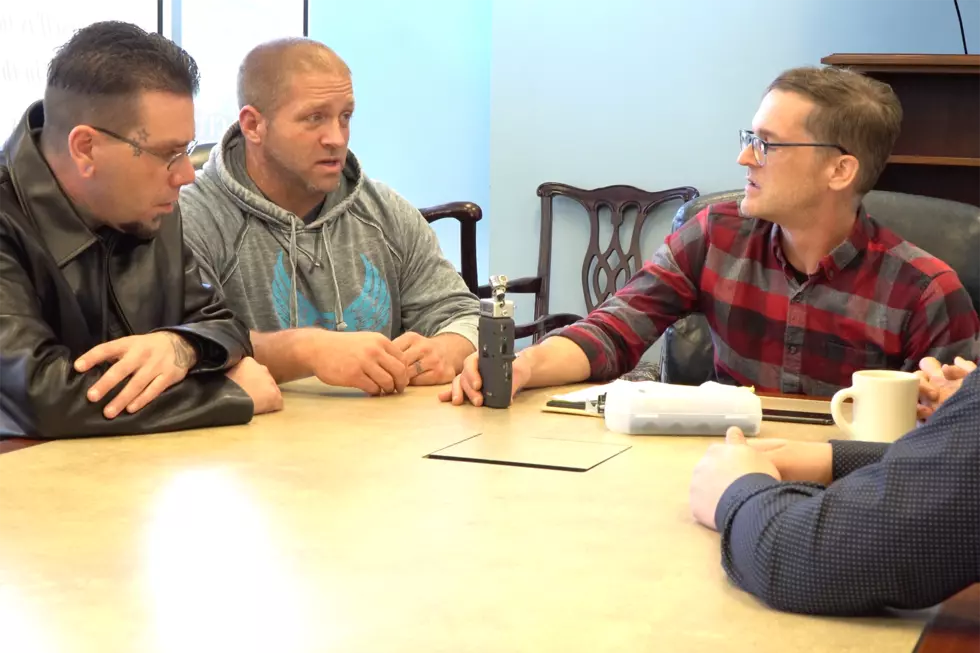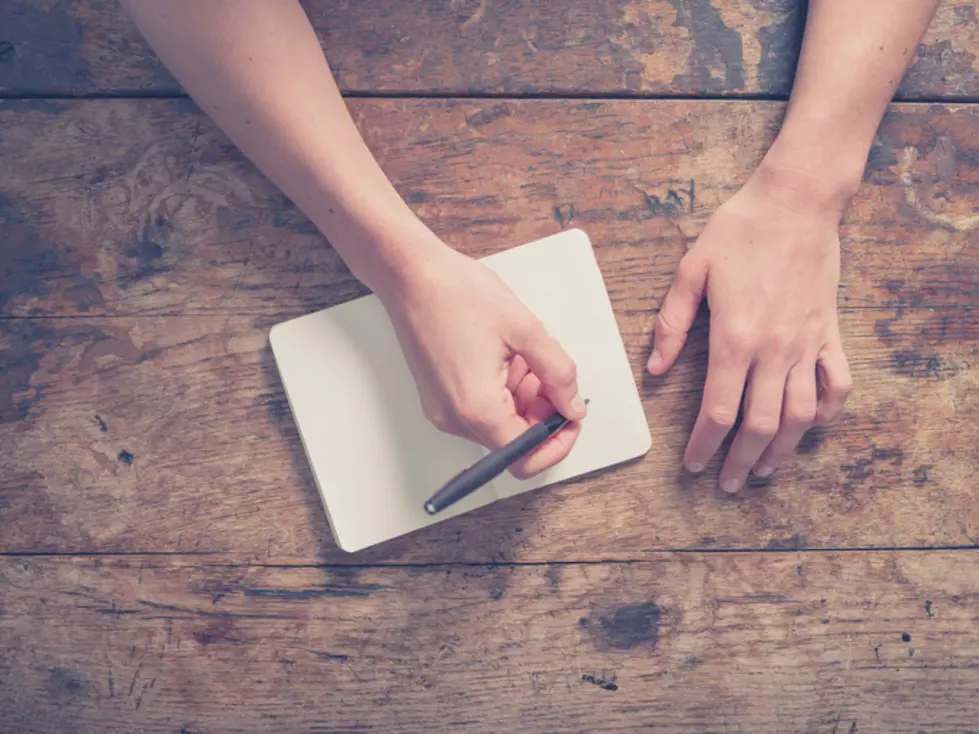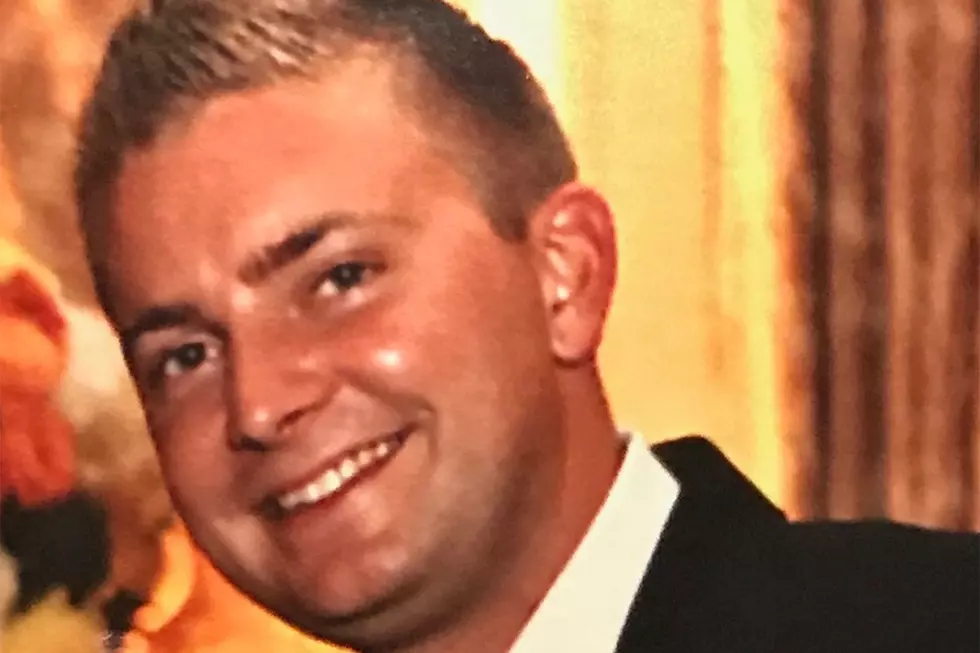When heroin has a grip on your child: One family’s story
It's an all-too-familiar story. Kids start experimenting with drugs and alcohol in middle or junior high school, and by the time they finish high school they've started using harder drugs and eventually get hooked on heroin.
As New Jersey's heroin epidemic rages on, one Garden State mother has devoted her life to helping others, after saving her own son's life four years ago.
Lynn Regan, the founder, CFC Loud N Clear, never saw her son Daniel's drug use coming.
"Addiction has a way of making its way into your home in a very insidious way," she said.
Daniel started smoking pot in middle school and then experimented with a variety of different drugs, alcohol and prescription medications from that point moving forward.
"He was living two different lives," said Regan, as captain of the swim team he would get up a 4 in the morning to train and then go to class, but then get high later in the day.
In his senior year of high school he began to pull away, and for years, Daniel experimented with different drugs, went through several different rehab programs, but he kept relapsing over and over again.
"Treatment centers business plan is based on an 80 percent relapse rate," Regan said. "That's their business model."
Finally, after Daniel had completed another rehab in California, he relapsed and spiraled out of control with heroin and crystal meth and almost died.
"He was lost, there was no way for that young man to make a rational decision on his own to save his own life," said Regan, who went to California to get him.
When she found him in a crack house "it was as if my son was walking around dead, it was harder than a death in some ways because you know that he's still okay but you can't fix him, it's a very helpless feeling."
She dragged him outside, but soon he became irate. The police were called, he attacked them, forcing them to use a taser on him several times before putting him in a straight jacket and taking him to a psychiatric hospital .
"Daniel was not Daniel, he was an animal at this point," she said.
Lynn realized after another rehab her son - and others - were not prepared to deal with reality.
"They're functioning like 15-year-olds when they come out of rehab," she said, "they started doing drugs when they were 15 and when they're 24, having used drugs all that time, their emotional ability and capability is that of a 15-year-old."
She said traditional treatment is necessary, "but sending them out from traditional treatment and just saying do 90 meetings in 90 days isn't good enough. They need to be empowered with some kind of passion, they need to be empowered with some type of passion for life, they need to know that they belong in this universe and also belong in the family that they hurt."
Regan said Daniel was scared to leave because he was scared to fail, and felt this was really his last chance.
"Daniel and I sat down and we said what has been working for you from the last rehab, what worked for you from the third rehab, lets put something together, let's change your life."
From there, she said they developed a sort of itinerary.
"We called it our empowerment program, and we filled that every single day of that calendar with positive things, whether it was cleaning garbage on the side of our street, he would go to acupuncture, he had a lot of holistic therapies, inner child therapy, hypnotherapy. Also fitness and nutrition played a big part in dealing with his anxieties."
So what's her message to parents?
"They have to give it their all, parents have to not give up on their kids. The kids need to be clean, they need to go through detox, they need to get to good treatment but that's not the end, parents need to be extremely proactive after rehab," she said. "It is important that your person in recovery be busy of every minute of every day when they come out of rehab."
More From New Jersey 101.5 FM








